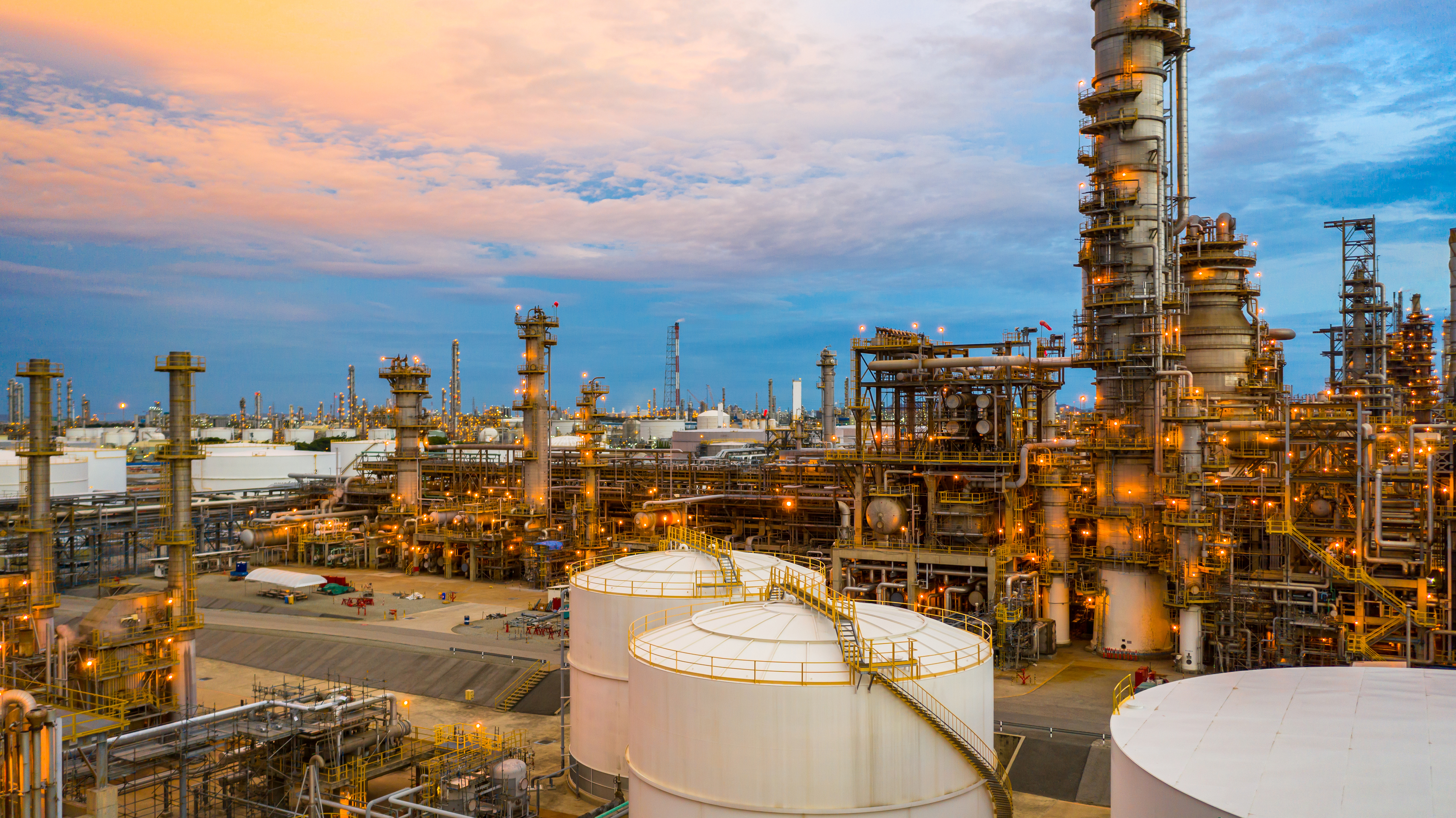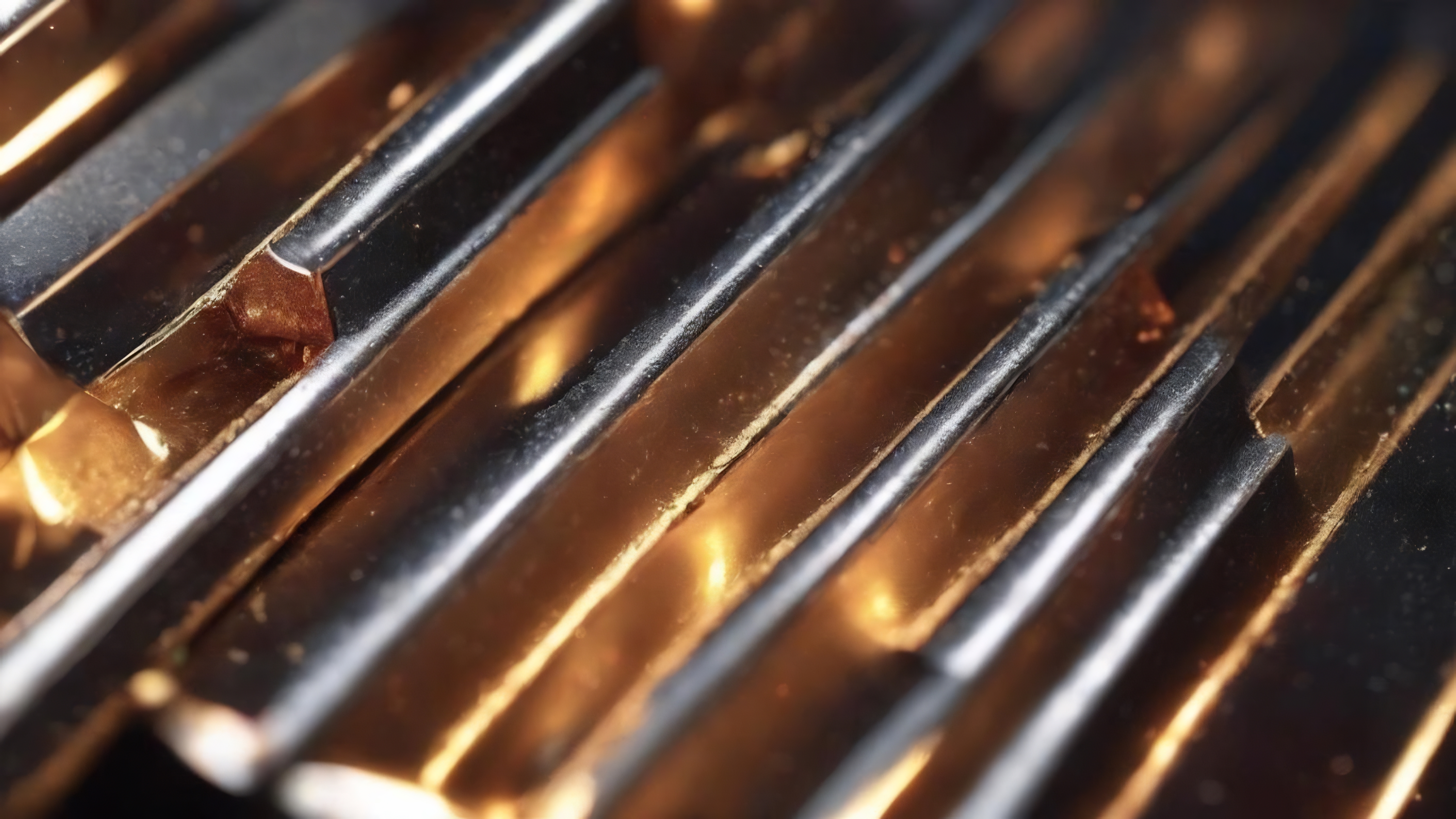Reliability: this is the probability that a unit will achieve its cycle without failure, within a period and under certain operating conditions. As in a chain, the weaker link is where failure will occur.
Every equipment is designed and manufactured to comply with a specification. In this way, when it is desired to increase the cycle period of a unit one must check the useful life of each equipment. Every equipment has an inherent performance from which it is not possible to expect anything beyond what was designed: either the desired expectation is reduced or the required changes should be implemented in order to reduce the possibility of failure.
Desired feature of a unit:
- Unlimited useful life: precluded by physical and economic restrictions;
- Change all spare parts: due to the high cost and shutdown period it is not possible to exchange all of them to prevent failures.
As relates to maintenance, two concepts may be envisaged:
- Efficient maintenance: a well-done maintenance;
- Effective maintenance: the right maintenance.
These concepts are highly relevant since maintenance means not only to recover the inherent performance of each equipment, but also being aware of which equipment can fail to implement the changes required to increase the cycle of a certain unit. It is important to keep a history of failures for each equipment to prevent routine maintenance of the same effects without acting on the causes.
The relevance of reliability can be estimated relative to the unit profitability:
- Lower operating costs (maintenance, energy);
- Reduction in non-specified products processing, since, depending on the refinery, reprocessing can impact the production capacity;
- Shutdown period without production, in cases of units operating near 100% capacity, since shutdown days by failure are not recoverable.
A reliability study should be based on six aspects:
- Which is the main equipment of the unit prone to failure? Is there a stand-by for this equipment, can maintenance be effected without shutting down the unit?
- How do these failures occur? Is it possible to monitor the equipment when in operation?
- Which are the causes of these failures? Are they mechanical or operational failures?
- Which are the consequences of these failures? Should the load flow be stopped or reduced to perform maintenance?
- Which is the periodicity of these failures? It is important to know if the failures are repeated and how frequent they are.
- How to prevent these failures? An in-depth study is required to prevent these failures.
In order to study these matters a group of specialists of the refinery should be formed, with representatives from the areas of Operation, Optimization, Maintenance, Equipment Inspection and Security. The characteristic of this group should be:
- Number of required people: maybe a small group is not enough, a huge team could provide extensive discussions;
- Complementary knowledge: each person should have a specific specialization to complete each other;
- People with common team-working principles: the participants should understand that team-work is the most important, no matter the vanities implied, provided the group solves the problem;
- Well-defined goals: the group should have clear and objective goals to determine the aspects to be studied and developed;
- Responsibility of all: when reached positively, the final goal is the merit of the group, in the negative case the responsibility belongs to all.
A further, important subject related to reliability are the spare parts, on which the following aspects should be considered:
- Quality: to study the market products available, consider if a change during the operation is possible or not, the impact of this change, etc.;
- Cost: not always the cheapest product is that of lower cost, since to change the spare part the time of the people involved in the maintenance should be considered;
- Time required for the change: a low-cost spare part, but which requires more frequent change, will impact the maintenance group;
- If change is required, does it cause any impact on a unit shutdown;
- Time for acquisition: in case the spare part is not commercially available, only on demand, this spare part should be kept in stock.
Maintenance People:
- Capacities: have more than one person able to perform certain, more complex maintenances;
- Safety: all people involved in maintenance should be aware of the risks involved in the tasks;
- Standardization: all should perform the procedures in the same way.
Operation:
- Capacities: being aware of the unit operation and prevent procedures able to create risks to the equipment or people;
- Security system: always keep the security controls automatically enabled, perform tests whenever possible.
Monitoring of the main equipment:
- Vibration;
- Wear;
- History.
Maintenance Engineering means not keep continuously repairing the same problem, but instead look for the root of the problems, exchange permanent scenarios of ill-performance, ceasing to deal with chronic problems, improve standards and systems.
Maintenance Control Systems should identify:
- Which services will be done;
- When will these services be done;
- Which resources will be required to execute the services;
- How much time will be needed for each service;
- What will be the cost of each service, by unit and total;
- Which materials will be utilized;
- Which equipment, tools and devices will be required.
This identification should determine which people are enabled to do this job, how many people should participate, that all the required tools are available, if high heights weight lifting equipment is required, if all required spare parts are available, if it is necessary to isolate the area, if there is fire hazard, and all the possibilities of accidents assessed. The job should be started only when all requirements are met with.
Buying cheaper spare parts reduces the acquisition cost, but increases the maintenance cost.
It is crucial that Process Engineering carries out the follow-up of failure analysis, in the risk’s identification and in the maintenance needs, continuously observing the process, chiefly in the cases of loss of performance or other problems which could indicate failure possibility. Also, the preventive maintenance of several equipment, such as pumps or heat exchangers, should be planned during opportunities of low fresh load flow or non-programmed shutdowns.
Human lives are the most important. To prevent accidents is a matter of general planning of the refinery, with all departments being involved.




































What did you make of the publication?